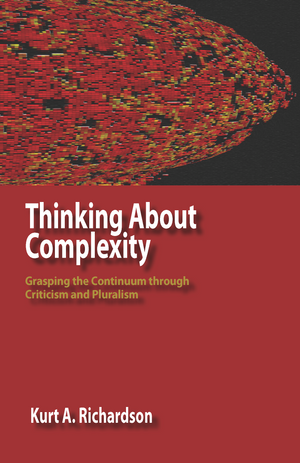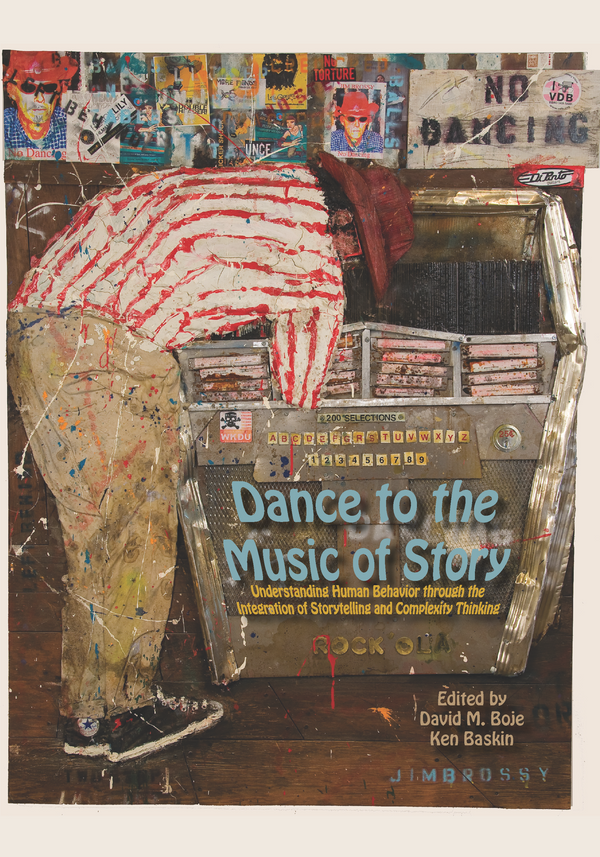
Dance to the Music of Story: Understanding Human Behavior through the Integration of Storytelling and Complexity Thinking
We all Dance to the Music of Story. That’s what recent work in anthropology and neurobiology is telling us: our brains turn events around us into the stories that become the music for which our acts are the dance steps. As biological anthropologist Terrence Deacon puts it, “We tell stories about our real experiences and invent stories about imagined ones, and we even make use of these stories to organize our lives. In a real sense, we live our lives in this shared virtual world.” Stories, these researchers suggest, are the maps by which we navigate the territory of the world around us, and learning to listen to the music of story improves the art with which we dance our lives.
The essays in Dance to the Music of Story begin to examine this virtual, storied world, exploring the implications of this perspective on how people interact, as illuminated by the principles of another provocative field of studies, Complexity Theory. This field explores the dynamics of evolving phenomena in nature—from the atomic and molecular scales to those of the ecological and cosmic; in this way, it offers a unique way of treating social phenomena, which are also many-scaled evolving phenomena, from the personal to the organizational, the professional to the national. By integrating recent research in storytelling and complexity, these essays offer the possibility of a new perspective on studying human interactions, which we call storytelling complexity.
Using this perspective, the writers of these essays address a series of questions to explore many familiar terrains in different and illuminating ways: How do people transform the overwhelmingly abundant world around them into the stories that enable them to interact? What are the ethical dimensions of storytelling, especially when manipulation is the storyteller’s emphasis? What are the implications for storytelling complexity in organizations? In the end, these essays are an attempt to “open up a space of research,” in Foucault’s words, a first move in a language game which readers can try out and, if they find it worthwhile, join in with.
Click here to download detailed contents (PDF format)







